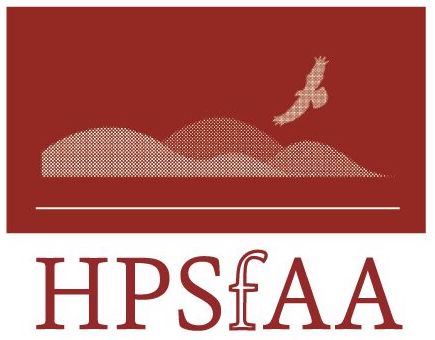  
 
The High Plains Society for Applied Anthropology |
|
Search Volume 27 Number 2 of The Applied Anthropologist
Volume 27, Number 2, 2007
(Click on <Get PDF> to get the full article)
At this time an outside search function cannot be implemented. Please use your browser's search function to find authors or titles. (usually under Edit: Find or press Ctrl and "f")Negotiating Development: Local Actors and Economic Change in Coastal Ecuador
In recent decades, coastal communities throughout Latin America have adopted ecotourism as an economic response to declining fisheries production. Based on research conducted in southern Manabí province, Ecuador, this paper focuses on the development of an actor-centered ecotourism cooperative as a concrete example of an actor-centered development project to complement mainstream, state-sponsored development. It specifically highlights certain difficulties encountered by a community cooperative to change from fishing and diving to ecotourism.
<Get PDF>
No. 2, Vol. 27, 2007, pp 129 - 138
This paper presents a thinking-practices approach to studying organizational culture. To illustrate the idea, it reports on decision-making case studies in a United States manufacturing firm. The method is designed to systematically describe and compare decision-making patterns across organizational levels and within and between organizational work units. These patterns serve as a basis for inferences about the collective cognitive processes involved.
<Get PDF>
Witnessing Practice: The Treatment of Childhood Illness in Upper Guinea, Western Africa
Andrew J. Gordon, P. Stanley Yoder, and Mamadou Camara
No. 2, Vol. 27, 2007, pp 139 - 154
If fieldworkers are able to witness ongoing actions of diagnosis and treatment for childhood illness, then we are able to observe practices and conditions that escape our notice. That is, were we just to rely on cognitive approaches or retrospective accounts or even rapid assessments, we would become selective about data collection despite the broad perspectives. As our analysis as well was guided by the work of Pierre Bourdieu (1977, 1990), we viewed treatment practices as the “habitus,” the flow of responses to conditions that present themselves. Some of the presenting conditions were seasonal poverty, the deference to elders and their beliefs, a meddlesome patrlineage, and the inclinations to rely on labels of being constitutionally ill and to rely on ritual cures. In this paper, an examination of conditions highlights how everyday conditions need to change if treatment practices are to change.
<Get PDF>
Book Review Set: Tending the Wild: Native American Knowledge and the Management of California's Natural Resources by M. Kat Anderson
Introduced by: Lawrence F. Van Horn
David E. Ruppert
Counterpoint by: M. Kat Anderson
No. 2, Vol. 27, 2007, pp 155 - 171
<Get PDF>
Book Review Set: Switchbacks: Art, Ownership, and Nuxalk National Identity by Jennifer Kramer
Reviews by:
James J. Hester, Philip M. Hobler, and Inge Dahm
Counterpoint by: Jennifer Kramer
No. 2, Vol. 27, 2007, pp 172 - 183
<Get PDF>
Book Review Set: Ethnographies of Archaeological Practice: Cultural Encounters, Material Transformations edited by Matt Edgeworth
Introduced by: Lawrence F. Van Horn
Darby C. Stapp
Book Review Set: Applied Anthropology: Domains of Application edited by Satish Kedia and John van Willigen
Reviews by:Commentary: In Memoriam: Robert Allan Hackenberg
Deward E. Walker, Jr.
No. 2, Vol. 27, 2007, pp 207 - 208
<Get PDF>
Commentary: Applied and Practicing Anthropology: The fifth Sub-discipline at the University of Colorado at Boulder
Robert A. Hackenberg
No. 2, Vol. 27, 2007, pp 209 - 216
<Get PDF>
Commentary: Applied Anthropologists and School Shootings: What Can We Do?
Kreg T. Ettenger
No. 2, Vol. 27, 2007, pp 217 - 218
<Get PDF>
Commentary: A Generalist's Approach to Applied Anthropology: For 2006, The 14th Annual Omer Stewart Memorial Award
Lenora Bohren
No. 2, Vol. 27, 2007, pp 219 - 222
<Get PDF>